Mark F. Santos, PhD

Dr. Mark F. Santos is an Assistant Professor of Microbiology & Immunology at Touro University Nevada. He earned his Bachelor of Science in Biology from Mississippi College and his PhD in Immunopathology from the University of Mississippi Medical Center.
Dr. Santos teaches immunology to students across the Doctor of Osteopathic Medicine, Physician Assistant, and Medical Health Science programs. His research focuses on extracellular vesicles and their critical role in intercellular communication. Dr. Santos's work investigates the mechanisms by which these vesicles contribute to disease progression, including cancer and viral infections. He employs a variety of advanced molecular techniques such as flow cytometry, single-molecule localization microscopy, and nanoparticle tracking analysis to explore these processes. Dr. Santos has authored numerous peer-reviewed publications, advancing our understanding of cellular communication and its implications for human health.
- Ph.D. in Immunopathology, University of Mississippi Medical Center
- B.S. in Biology, Mississippi College
- Immunology in DO, PA, and MHS programs
- Carbone, D., Santos, M.F., Corbeil, D., Vistoli, G., Parrino, B., Karbanova, J., Cascioferro, S., Pecoraro, C., Bauson, J., Eliwat, W., Aalam, F., Cirrincione, G., Lorico, A., and Diana, P. (2024). Triazole derivatives inhibit the VOR complex-mediated nuclear transport of extracellular particles: Potential application in cancer and HIV-1 infection. Bioorganic Chemistry, 150: 107589. https://doi.org/10.1016/j.bioorg.2024.107589.
- Molnar, S.M., Kim, Y., Wieczorek, L., Williams, A., Patil, K.A., Khatkar, P., Santos, M.F., Mensah, G., Lorico, A., Polonis, V.R., and Kashanchi, F. (2024). Extracellular vesicle isolation methods identify distinct HIV-1 particles released from chronically infected T-cells. Journal of Extracellular Vesicles, 13(7): e12476. https://doi.org/10.1002/jev2.12476.
- Karbanová, J., Deniz, I.A., Wilsch-Brauninger, M., de Sousa Couto, R.A., Fargeas, C.A., Santos, M.F., Lorico, A., and Corbeil, D. (2024). Extracellular lipidosomes containing lipid droplets and mitochondria are released during melanoma cell division. Cell Communication and Signaling, 22: 57. https://doi.org/10.1186/s12964-024-01471-7.
- Singh, R.K., Santos, M.F., Herndon, C., Gieler, B.A., Lee, I., Chen, J., and Lorico, A. (2023). Detection by super-resolution microscopy of viral proteins inside bloodborne extracellular vesicles. Extracellular Vesicles and Circulating Nucleic Acids, 4: 557-567. http://dx.doi.org/10.20517/evcna.2023.46.
- Santos, M.F., Rappa, G., Karbanová, J., Diana, P., Cirrincione, G., Carbone, D., Manna, D., Aalam, F., Wang, D., Vanier, C., Corbeil, D., and Lorico, A. (2023). HIV-1-induced nuclear invaginations mediated by VAP-A, ORP3, and Rab7 complex explain infection of activated T cells. Nature Communications, 14: 4588. https://doi.org/10.1038/s41467-023-40227-8.
- Pucci, M., Moschetti, M., Urzi, O., Loria, M., Conigliaro, A., Di Bella, M.A., Crescitelli, R., Bagge, R.O., Gallo, A., Santos, M.F., Puglisi, C., Forte, S., Lorico, A., Alessandro, R., Fontana, S. (2023). Colorectal cancer-derived small extracellular vesicles induce TGFβ1-mediated epithelial to mesenchymal transition of hepatocytes. Cancer Cell International, 23: 77. https://doi.org/10.1186/s12935-023-02916-8.
- Santos, M.F., Rappa, G., Fontana, S., Karbanová, J., Aalam, F., Tai, D., Li, Z., Pucci, M., Alessandro, R., Morimoto, C., Corbeil, D., and Lorico, A. (2022). Anti-human CD9 Fab fragment antibody blocks the extracellular vesicle-mediated increase in malignancy of colon cancer cells. Cells, 11: 2474. https://doi.org/10.3390/cells11162474.
- Santos, M.F., Rappa, G., Karbanová, J., Fontana, S., Di Bella, M.A., Pope, M.R., Parrino, B., Cascioferro, S.M., Vistoli, G., Diana, P., Cirrincione, G., Arena, G.O., Woo, G., Huang, K., Huynh, T., Moschetti, M., Alessandro, R., Corbeil, D., and Lorico, A. (2021). Itraconazole inhibits nuclear delivery of extracellular vesicle cargo by disrupting the entry of late endosomes into the nucleoplasmic reticulum. Journal of Extracellular Vesicles, 10: e12132. https://doi.org/10.1002/jev2.12132.
- Santos, M.F., Rappa, G., Karbanová, J., Vanier, C., Morimoto, C., Corbeil, D., and Lorico, A. (2019). Anti-human CD9 antibody Fab fragment impairs the internalization of extracellular vesicles and the nuclear transfer of their cargo proteins. Journal of Cellular and Molecular Medicine, 23: 4408–4421. https://doi.org/10.1111/jcmm.14334.
- Osti, D., Del Bene, M., Rappa, G., Santos, M., Matafora, V., Richichi, C., Faletti, S., Beznoussenko, G., Mironov, A., Bachi, A., Fornasari, L., Bongetta, D., Gaetani, P., DiMeco, F., Lorico, A., and Pelicci, G. (2019). Clinical significance of extracellular vesicles in plasma from glioblastoma patients. Clinical Cancer Research, 25: 266–276. https://doi.org/10.1158/1078-0432.CCR-18-1941.
- Santos, M.F., Rappa, G., Karbanová, J., Kurth, T., Corbeil, D., and Lorico, A. (2018). VAMP-associated protein-A and oxysterol-binding protein-related protein 3 promote the entry of late endosomes into the nucleoplasmic reticulum. Journal of Biological Chemistry, 293: 13834–13848. https://doi.org/10.1074/jbc.RA118.003725.
- Rappa, G., Santos, M.F., Green, T.M., Karbanová, J., Hassler, J., Bai, Y., Barsky, S.H., Corbeil, D., and Lorico, A. (2017). Nuclear transport of cancer extracellular vesicle-derived biomaterials through nuclear envelope invagination-associated late endosomes. Oncotarget, 8: 14443–14461. https://doi.org/10.18632/oncotarget.14804.
- International Association of Medical Science Educators (IAMSE)
- American Society for Microbiology (ASM), Arizona/Southern Nevada Branch
- American Society for Intercellular Communication (ASIC)
- International Society for Extracellular Vesicles (ISEV)

